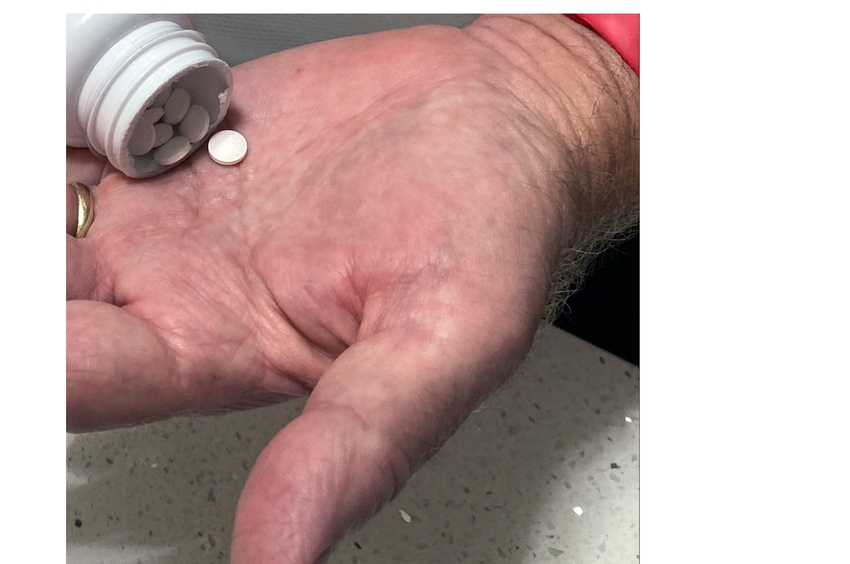
DALLAS, Nov. 3, 2025 — A recent study has raised concerns about the long-term use of melatonin supplements, commonly used to aid sleep. Researchers found that individuals who used melatonin for more than a year had a significantly higher risk of heart failure, hospitalization due to heart conditions, and mortality from any cause. These findings are set to be presented at the American Heart Association’s Scientific Sessions 2025 in New Orleans, a key event for cardiovascular research.
The study analyzed health records of over 130,000 adults with chronic insomnia, revealing that those who used melatonin long-term were more likely to face serious heart-related health issues. While the study highlights an association rather than a direct cause-and-effect relationship, it underscores the need for further research into the cardiovascular safety of melatonin, a hormone that is widely available and often perceived as a safe sleep aid.
Understanding Melatonin and Its Use
Melatonin, a hormone produced by the pineal gland, plays a crucial role in regulating the body’s sleep-wake cycle. Its levels naturally rise in darkness and fall during daylight. Synthetic versions are commonly used to treat sleep disorders like insomnia and jet lag. In the United States, melatonin supplements are available over the counter and are not subject to stringent regulation, leading to variations in strength and purity across brands.
In this study, researchers categorized participants into two groups: those with documented long-term melatonin use in their health records, and those without any recorded use. “Melatonin supplements may not be as harmless as commonly assumed,” said Dr. Ekenedilichukwu Nnadi, the study’s lead author and chief resident in internal medicine at SUNY Downstate/Kings County Primary Care in Brooklyn, New York.
Key Findings and Implications
The study utilized data from the TriNetX Global Research Network, reviewing five years of electronic health records. It found that adults with chronic insomnia who used melatonin for over a year had a 90% higher chance of developing heart failure compared to non-users. Additionally, those with at least two melatonin prescriptions filled 90 days apart showed an 82% higher risk.
Participants taking melatonin were nearly 3.5 times more likely to be hospitalized for heart failure and almost twice as likely to die from any cause over a five-year period compared to those not using melatonin.
Dr. Marie-Pierre St-Onge, a professor of nutritional medicine at Columbia University, expressed surprise at the findings, noting that melatonin is not typically indicated for chronic use in treating insomnia. “People should be aware that it should not be taken chronically without a proper indication,” she said.
Study Limitations and Future Research
The study’s limitations include the use of a database that spans countries with differing regulations on melatonin prescriptions. In the U.S., melatonin is available over the counter, meaning many users may not have been accounted for in the study. Additionally, the researchers did not have data on the severity of insomnia or the presence of other psychiatric disorders, which could influence both melatonin use and heart risks.
“Worse insomnia, depression/anxiety, or the use of other sleep-enhancing medicines might be linked to both melatonin use and heart risk,” Dr. Nnadi noted. “Our study cannot prove a direct cause-and-effect relationship, highlighting the need for more research.”
The study involved 130,828 adults, with an average age of 55.7 years, and was conducted using data from the TriNetX network. Participants were matched on various factors, including demographics and health conditions, to ensure a robust comparison between those using melatonin and those who were not.
Conclusion and Next Steps
The findings of this study challenge the perception of melatonin as a harmless sleep aid and suggest a need for caution in its use, especially over long periods. As the scientific community awaits further research, these preliminary results could influence how healthcare providers counsel patients on the use of melatonin for insomnia.
Statements and conclusions from this study are considered preliminary until published in a peer-reviewed journal. The American Heart Association emphasizes that the findings presented at its scientific meetings do not necessarily reflect its policy or position and should be interpreted with caution until further validated.





